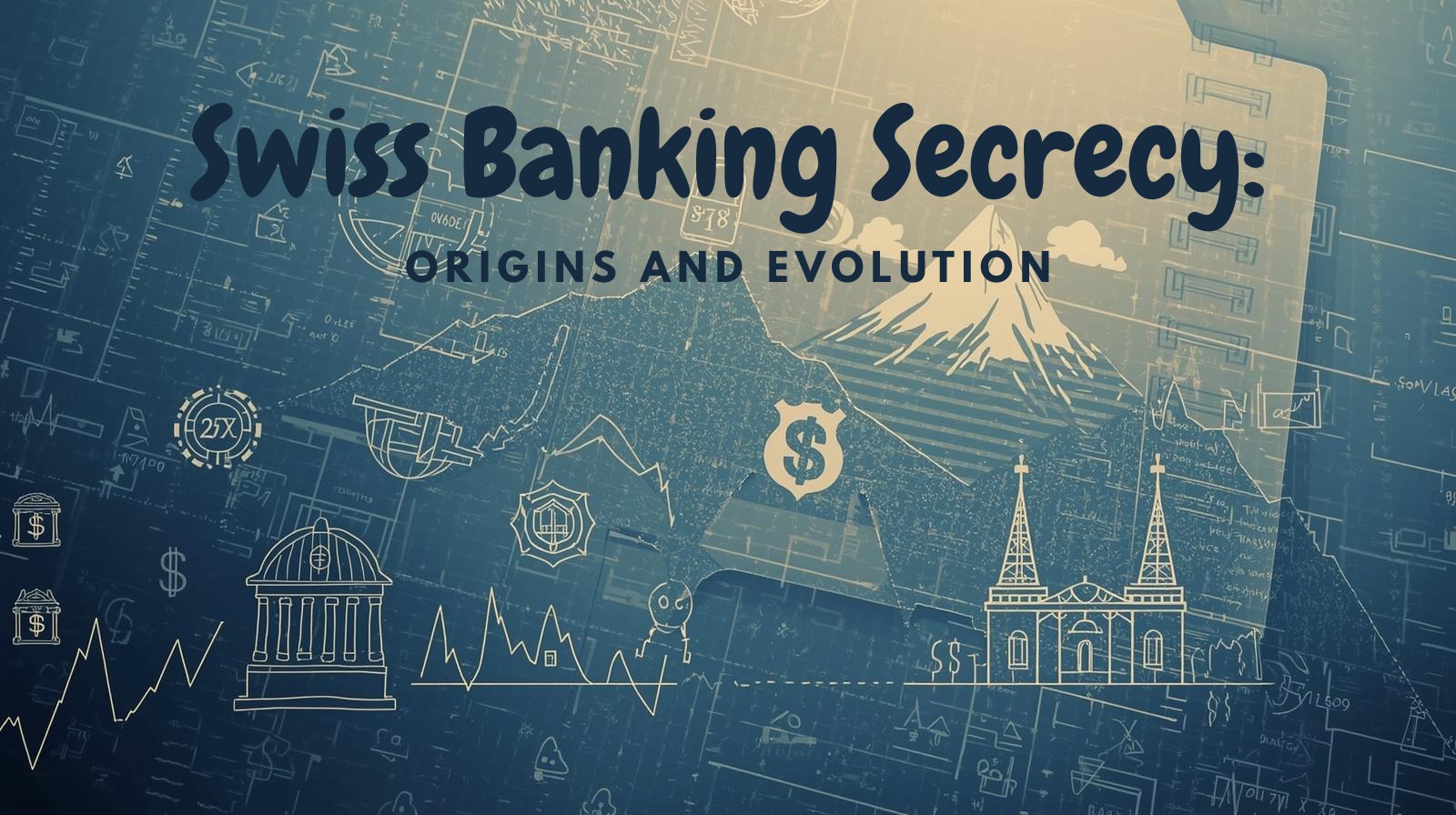It's not a topic anyone really wants to think about but if you are getting divorced, the way you do it can make or break your experience. Divorce often brings to mind a lengthy and expensive court battle. The reality most people don't know is that you have options. The path you take with mediation vs. litigation can impact your wallet, stress level, and timeline. Truthfully, only 5% of divorces end up in front of a judge, which means 95% of couples are able to settle outside of court. How do you know which path is the right one for you? What Is Divorce Mediation? What Litigation Really Looks Like The 5 Key Differences Between Divorce Mediation & Litigation When Mediation Makes Sense When Litigation Is Necessary A Closer Look at Divorce Legal Services Making Smart Financial Decisions The Bottom Line Divorce mediation is a form of dispute resolution where divorcing spouses work with a neutral third party to reach an agreement about their divorce terms. How it works is this: The divorcing couple comes together with a trained mediator who will guide the discussion. The mediator does not take sides, offer legal advice, or make any decisions. They simply help the spouses negotiate with one another. You can think of it this way…divorce mediation gives you both a chance to air your grievances and discuss your issues face-to-face, with the mediator helping keep things productive and moving along. You'll negotiate on all issues including how to divide your property, child custody arrangements, parenting time, and spousal support. When you reach a settlement, the mediator documents your decisions in a legally binding agreement which you both sign. The mediator will then file the agreement with the court for final approval. The great news is that 80% of couples who choose mediation successfully reach a settlement agreement. Litigation is the traditional way most people think of divorce. In litigation, each spouse has their own attorney, and the entire case is decided by a judge in court. In litigation, the judge makes all the final decisions. When you opt for litigation, you're handing over control of your divorce to the court. Each attorney will present your case and your spouse's attorney will present theirs. The judge will decide: How your property will be divided Who gets custody of your children Whether spousal support is appropriate The amount of child support to be paid Litigation tends to feel more adversarial because each side is trying to "win" the case for their client. Dates are set months out. Documents are exchanged back and forth. Depositions are taken. It's a very formal process that has rules and procedures to follow. Want to know what the main differences are? We'll break them down for you. Divorce Mediation: The divorcing spouses make the decisions with the mediator providing guidance and support. Litigation: The judge makes the decisions. And here's another biggie… Divorce mediation typically ranges from $3,000 – $8,000 in total costs. Litigation? $15,000 – $50,000+ per spouse depending on how complex the case is. The costs vary widely because litigation has: Higher attorney fees Court costs Fees for expert witnesses Discovery expenses Multiple court appearances The other big difference is how long it takes. Mediation can often be completed in a matter of weeks or a few months at most. Most cases are done within 4-6 months. Litigation, on the other hand, can take a year or more for even simple cases. Complex cases with a lot of assets or child custody disagreements? They can take 2-3 years to settle. Here's something many people don't realize: Divorce mediation sessions are private and confidential. What is said in those meetings stays between the two spouses and the mediator. Litigation is a matter of public record. Court documents and transcripts are open for anyone to see. Your financial records, personal conflicts, and family issues become a permanent part of the public record. Because divorce mediation is designed to be less adversarial, it tends to preserve the relationship between spouses better. This is especially important for couples who have children and must continue to co-parent. Litigation, on the other hand, is an adversarial process. That means it's more likely to create hard feelings and conflict that last long after the divorce is final. Mediation is most appropriate for divorcing spouses who are willing and able to cooperate and work together toward mutually beneficial outcomes. It makes sense when you both want to: Spend as little money and time as possible Keep things private and confidential Protect your relationship with each other for the sake of any children When no major power imbalances exist between the two of you If there is no history of abuse or domestic violence in your relationship Mediation is the best approach when you and your spouse both want to do what's best for your children and for each other. Litigation might be necessary when: One spouse is not willing to participate in a divorce mediation process or not willing to negotiate in good faith. The divorcing couple has complex assets or business holdings that need to be divided and have extensive value. Such as real estate, retirement accounts, family businesses, investments, etc. One or both spouses are in need of court protection orders. Domestic violence or abuse is present in the relationship. One of the spouses is being dishonest or attempting to hide assets or information. There are irreconcilable major disagreements that cannot be resolved through mediation or negotiation. Sometimes the choice is not up to you. If your spouse won't agree to participate in mediation or you need legal protections, litigation might be your only option. Navigating the divorce legal services available to you can be overwhelming. But, it is important to understand your options so you can make informed decisions about what to do next. If you live in the area and want some advice on which way to go, consider speaking with a divorce lawyer in Mesa, AZ who can help you weigh out your choices and determine which process is best for you. Many divorce law firms will offer both mediation services and litigation, so it's important to find the right attorney who can explain the pros and cons of each one. They should be able to review your situation, help you understand how the law applies, and make recommendations on how to proceed. A good divorce attorney should always keep you informed of your legal options and guide you in the right direction. Let's face it, money matters when it comes to divorce. You want to make smart financial decisions which not only include attorney fees but also: The time it takes to pay those fees Lost wages and time away from work Emotional distress that will affect productivity The financial hit to your retirement accounts and assets Mediation saves you money on attorney fees but also lost time away from work, reduced stress, and a quicker timeline for divorce. For many couples, that can equal tens of thousands of dollars in savings. Save money because it's smart not because it's mediation. Save money by choosing the option that's the best for your situation. Divorce mediation vs. litigation is a decision only you and your spouse can make after carefully considering your options. Mediation provides: Lower costs Faster resolutions More control over your future Privacy Less conflict Litigation provides: The ability to go to court if needed The court can enforce agreements A third party (judge) making decisions Discovery tools to force the other side to be honest about hidden assets The smart thing to do? Talk to an experienced attorney to help guide you and your spouse through your unique circumstances. They can advise you about which option provides the best likelihood of a fair outcome while protecting your rights. Every divorce case is different. Your ideal path forward may not be what worked for your friend's divorce. What matters most is the decision that allows you to protect your rights, move forward, and leave the past in the past.In This Article:
What Is Divorce Mediation?
What Litigation Really Looks Like
The 5 Key Differences Between Divorce Mediation & Litigation
Control
Costs
Timeline
Privacy
Relationships
When Does Mediation Make Sense?
When Is Litigation Necessary?
The Divorce Legal Services You Should Understand
Making Smart Financial Decisions
The Bottom Line




Want to add a comment?